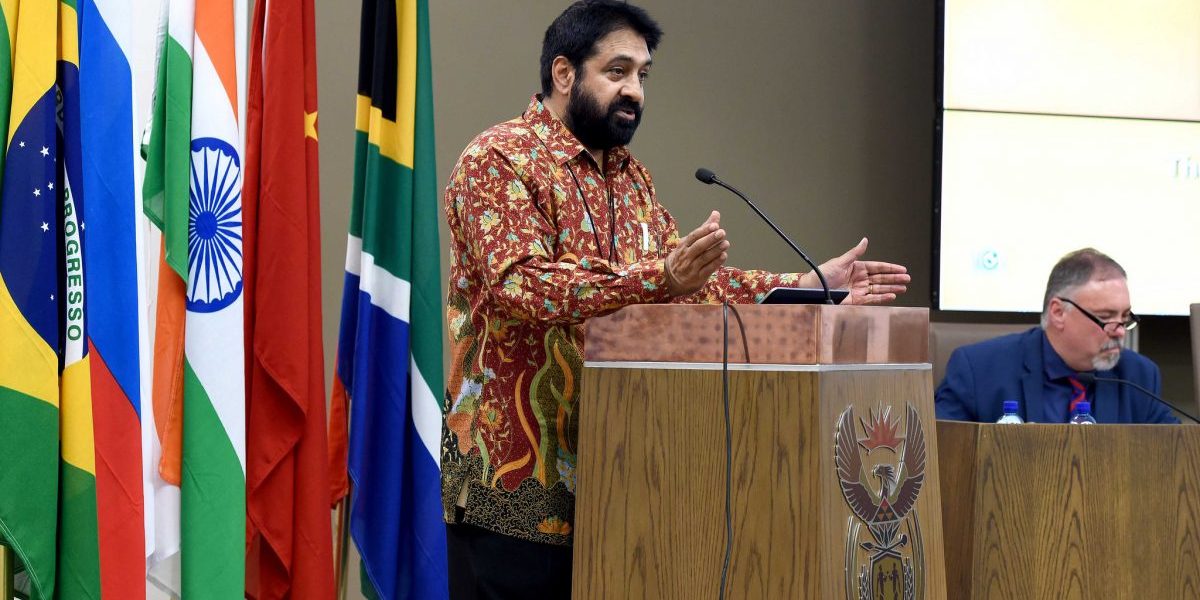The rise of BRICS also overlapped with their increased involvement in Africa. Concomitant to the Africa rising discourse is a debate on Africa’s new friends, old friends and good friends. BRICS in this instance would be the new friends while the likes of the US, EU and Japan (typified by the G-7 group of countries) would be the old friends.
The question is: which group makes up Africa’s good friends? And is the BRICS part of this group?
BRICS political and economic influence in Africa continues to grow in leaps and bounds every year. In the economic sphere, growth has been spurred by China and India’s growing demand for natural resources. This has been juxtaposed against the economic slowdown in advanced industrial economies, which reduced demand for basic commodities in these countries.
Figures from Standard Bank South Africa put the trade between BRICS and Africa at US$340 billion in 2012, representing a ten-fold increase from 2002, and estimates project this figure to exceed US$500 billion by 2015. While there is no consistent measurement of BRICS FDI flows into Africa, all the BRICS countries, with the exception of Russia, rank in the top tier of countries investing in Africa and indications are that their investment in manufacturing and services is also on the increase.
The Africa agenda is closely linked to the sustainability and viability of BRICS as a co-author of a new and more representative global order post the global economic crisis. This is also for geopolitical considerations, as Africa, with 54 countries, holds significant influence in multilateral forums that use purely democratic decision-making, especially in such groupings as the United Nations General Assembly. Africa is the last frontier for resources and is also important for its market. Africa is also a relatively unsaturated market for investment where investors have the opportunity to pave the way without as much fierce competition as would be the case in regions such as Europe or Latin America for instance.
BRICS involvement in Africa has been haphazard and uncoordinated, driven by member countries’ self-interest, but it would be prudent to add a parallel coordinated agenda to their engagement. Africa is therefore a natural, common agenda item for BRICS and developing a BRICS outreach would actually add value to their bilateral initiatives as it could lead to greater regional cohesion in Africa and harmonisation of regional projects. This would identify BRICS as good friends of Africa.
Another motivating factor is the fact that Africa’s old friends have concentrated a significant part of their international engagement in the development arena, and indeed in peace and security initiatives, in Africa. The G7/8 group has annual consultations with African leaders on the margins of their Summits, from the 2001 Summit held in Genoa, Italy and various action plans have emerged from these consultations. Progress cannot be measured by the event declarations and action plans but it reflects, at the very least, a political commitment. While the G7/8 has not lived up to all of its commitments to Africa, they have certainly made an effort to streamline their activities in Africa and their contribution to development cannot be disregarded.
If the BRICS are to become active participants in the creation of a new international paradigm and be a counterpoint to the G-7/8 group of countries, then they need to get involved where the traditional powers are also present and step it up a notch. One tool that can be utilised by BRICS in this process is the BRICS Development Bank.
The BRICS-Africa agenda did receive some attention in 2013 when South Africa hosted the fifth BRICS Summit in Durban under the chosen theme of ‘BRICS and Africa: Partnership for Development, Integration and Industrialisation’.
At the Durban BRICS Summit in March 2013, the leaders committed themselves to the establishment of a BRICS Development Bank which is expected to play a big role in financing infrastructure in Africa. They signed the BRICS Multilateral Infrastructure Co-Financing Agreement for Africa which will be a vehicle to facilitate co-financing on infrastructure development projects in Africa. They also held a retreat with African leaders after the Summit, themed, ‘Unlocking Africa’s Potential: BRICS and Africa Cooperation on Infrastructure’ and which served as an opportunity for BRICS and African leaders to discuss ways of strengthening and deepening their engagement for the economic growth and development of Africa.
The overall impression created, however, is that the Africa agenda was a South African initiative, undertaken without much consultation with the other BRICS members; hence BRICS outreach to Africa has not been very enthusiastic. South Africa may have jumped the gun, introducing the initiative too early in the life of the BRICS group, but this does not take away from the merits of the idea and initiatives.
It is becoming increasingly clear that the BRICS-Africa agenda will not feature prominently on the list of Brazilian priorities for the 2014 BRICS Heads of State summit in July. It is likely that the communique will feature some generic remark on the commitment of BRICS to Africa’s development but nothing bigger than that is anticipated.








